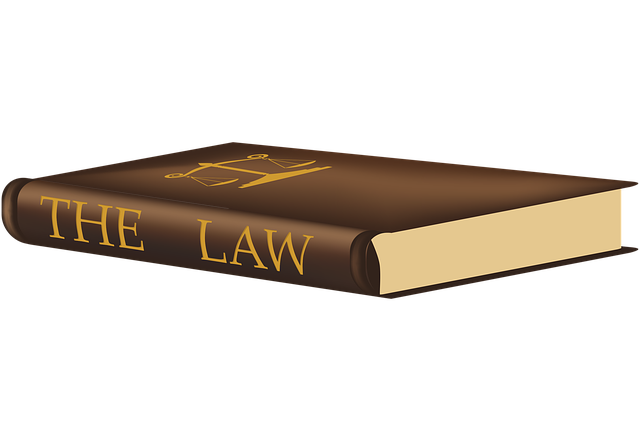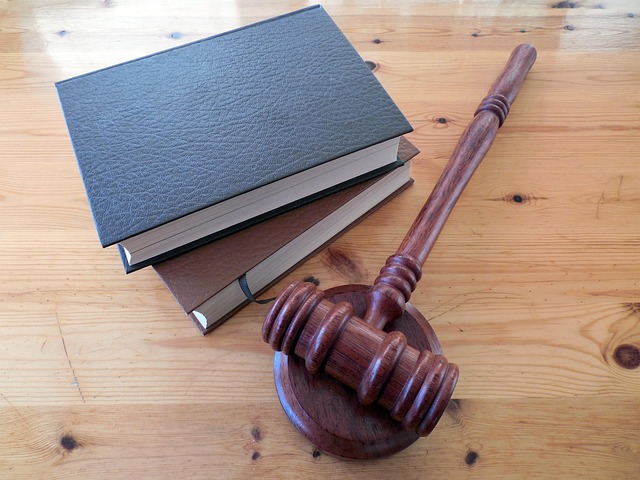Corporate Crime Investigations navigate complex scenarios of unethical business practices, from accounting fraud to money laundering, by employing legal expertise, financial analysis, and investigative techniques. They focus on preventing criminal activities from escalating across industries and regions by addressing common causes of partnership disagreements, such as misaligned goals, conflicts of interest, and differing risk tolerances. Effective strategies include thorough background checks, proactive risk mitigation, regular compliance audits, open communication channels, and collaboration with external experts to resolve disputes and implement deterrents like financial restitution and enhanced internal controls.
In the intricate world of corporate investigations, understanding partnership disagreements is a crucial step in preventing and resolving complex crimes. This article delves into the heart of corporate crime investigations, exploring the tangled web of organizational dynamics that often lead to disputes. By examining the common causes of partnership disagreements, we uncover vulnerabilities and strategize for effective investigation and resolution, ensuring business integrity and justice.
- Understanding Corporate Crime Investigations: Unraveling the Complexities
- Common Causes of Partnership Disagreements: A Deep Dive into Organizational Dynamics
- Strategies for Effective Corporate Crime Investigation and Resolution
Understanding Corporate Crime Investigations: Unraveling the Complexities

Corporate Crime Investigations delve into complex scenarios where businesses and their leaders engage in unethical practices that violate laws and regulations. Understanding these investigations requires recognizing the intricate web of motivations and dynamics behind white-collar and economic crimes, which span across industries and regions. From accounting fraud to bribery and money laundering, these crimes often involve sophisticated schemes designed to evade detection.
Unraveling such complexities necessitates a meticulous process that combines legal expertise, financial analysis, and investigative techniques. Investigators must navigate the delicate balance between corporate and individual clients, ensuring transparency while protecting legitimate business interests. The prevalence of partnership disagreements in corporate settings further complicates matters, as common causes like misaligned goals, conflicts of interest, and differences in risk tolerance can escalate into criminal activities if not addressed proactively across the country.
Common Causes of Partnership Disagreements: A Deep Dive into Organizational Dynamics

Partnerships are integral to many business operations, but they can also be a source of significant friction and dispute. Understanding the common causes of partnership disagreements is crucial for effective corporate crime investigations and risk management. Dynamic organizational structures often introduce misalignments in goals, responsibilities, and decision-making processes, leading to conflicts. One of the primary drivers is differing interpretations of partnership agreements, where expectations about roles, profits, and control may not be clearly defined or mutually understood.
Additionally, power imbalances within partnerships can intensify disagreements. In high-stakes cases involving complex transactions or significant financial resources, disparities in knowledge, expertise, or access to information can create unease. Furthermore, the influence of external factors such as market conditions, regulatory changes, or competitive pressures can strain partnerships, especially when partners have differing views on how to navigate these challenges. For his clients, recognizing these common causes and implementing robust communication protocols, clear governance structures, and transparent practices is vital to mitigate risks associated with partnership disagreements in corporate crime investigations.
Strategies for Effective Corporate Crime Investigation and Resolution

Effective corporate crime investigations require a strategic approach that addresses the root causes of illicit activities. One key strategy is to proactively identify and mitigate risks by conducting thorough background checks on partners and employees, especially in high-risk industries or when entering new markets. Regular compliance audits and training programs can also help prevent common causes of partnership disagreements, such as misaligned goals, lack of transparency, and conflicts over decision-making authority.
Moreover, fostering open communication channels between partners and a robust internal reporting system are crucial throughout all stages of the investigative and enforcement process. Collaborating with external experts, including legal counsel specializing in general criminal defense, can provide valuable insights and ensure that any response is both effective and legally sound. Across the country, successful resolution of corporate crimes often involves a combination of financial restitution, regulatory penalties, and enhanced internal controls to deter future misconduct.
Corporate crime investigations require a multifaceted approach, especially when addressing the intricate dynamics of partnership disagreements. By understanding the common causes behind these conflicts—such as misaligned interests, communication breakdowns, and ethical dilemmas—organizations can develop robust strategies for investigation and resolution. Implementing proactive measures to foster transparency, encourage open dialogue, and establish clear guidelines is essential in navigating the complexities of corporate crime investigations. Through effective collaboration between legal experts, internal auditors, and management, companies can safeguard their integrity, maintain public trust, and ensure sustainable growth.






